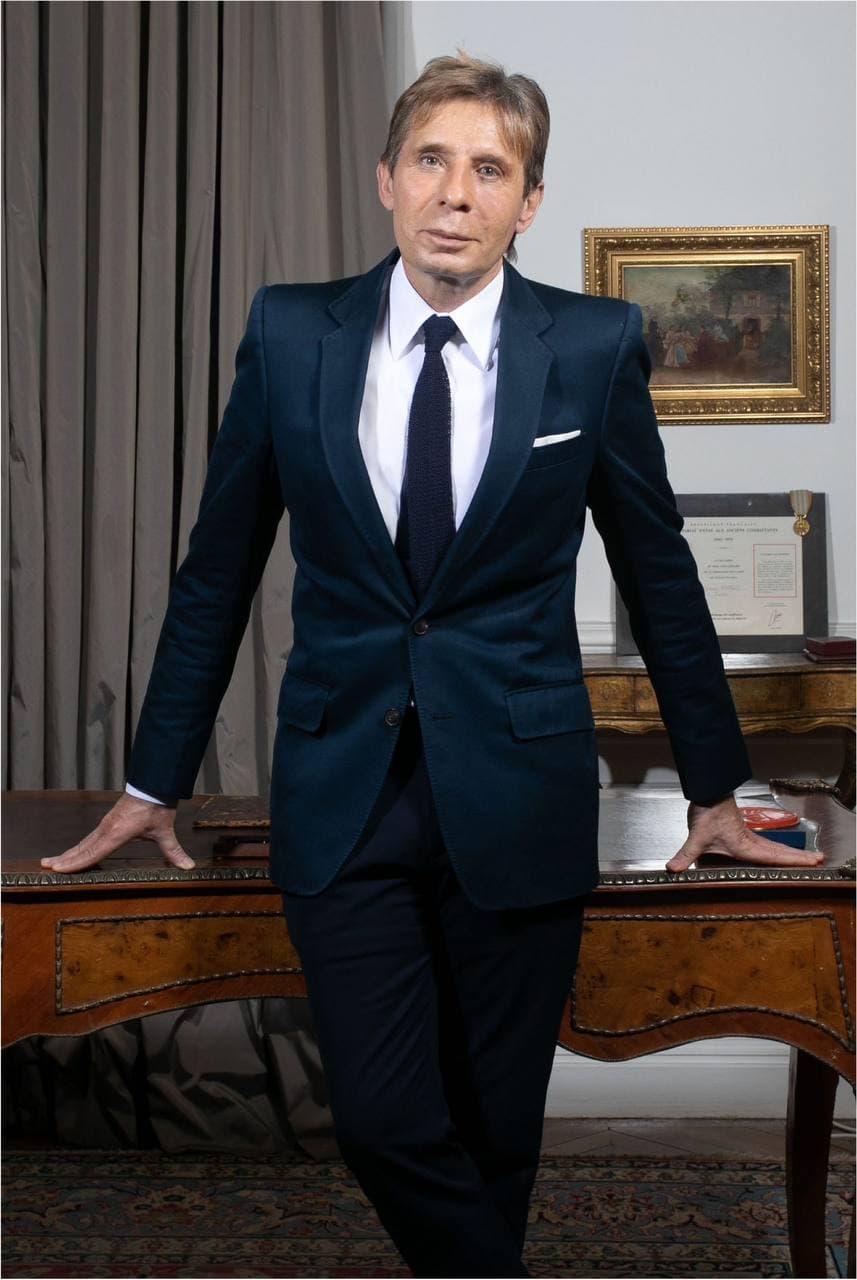Title: French Authorities Investigate Hezbollah"s Alleged Assassination Plot on Netanyahu"s Lawyer
French authorities have launched a critical investigation into an alleged assassination plot orchestrated by Hezbollah against Olivier Pardo, the lawyer representing Israeli Prime Minister Benjamin Netanyahu at the International Criminal Court (ICC). The alert was raised following a report from Rudy Tarnova, a former inmate, who claimed that Hezbollah operatives had approached him with an offer to carry out the assassination, which he reportedly declined. This alarming development highlights the complex web of international tensions surrounding the ongoing Israeli-Palestinian conflict and its implications for global security.
Background & Context
The ramifications of this alleged plot extend beyond the immediate threat to Pardo. As a prominent figure involved in legal proceedings against Netanyahu at the ICC, Pardo"s role symbolizes the intersection of law and international diplomacy in a highly charged environment. The ICC has been at the center of international scrutiny regarding the Israeli-Palestinian conflict, particularly in light of accusations of war crimes and human rights violations. The investigation into this assassination plot underscores the risks faced by individuals involved in such high-stakes legal battles, as well as the broader implications for diplomatic relations between Israel and Hezbollah, the Lebanese militant group.
Hezbollah, which has long been considered a proxy for Iranian interests in the region, has a history of targeting individuals it perceives as threats. The organization"s involvement in various conflicts and its established operational networks across Europe raise concerns about the potential for violence spilling over into civilian spaces. The current situation reflects a growing trend of political violence that transcends borders, necessitating vigilance from law enforcement agencies worldwide.
Key Developments
The investigation was initiated after Rudy Tarnova, who has a criminal background, reported the assassination offer to Paris authorities. This revelation prompted immediate action from French law enforcement, who are now evaluating the credibility of Tarnova’s claims and the potential threat posed by Hezbollah operatives on French soil. The French government has not yet disclosed the specifics of their ongoing investigation but has emphasized the seriousness of the allegations. Authorities are working closely with intelligence agencies to assess any potential risks to Pardo and other individuals linked to the case.
As previously reported, the ICC has faced increasing scrutiny and pressure from various factions, particularly from Israeli officials who argue that the court is biased against them. The involvement of Hezbollah in this scenario adds another layer of complexity, illustrating how the geopolitical landscape can influence legal proceedings. The investigation into the assassination plot may also lead to heightened security measures for Pardo and others involved in similar cases.
Broader Impact
The implications of this alleged plot extend beyond the immediate threats to individuals. It raises urgent questions about the security of legal professionals operating in high-profile international cases, particularly those involving contentious geopolitical issues. Experts suggest that the incident could lead to increased security protocols for lawyers and officials engaged in international law, especially those representing states or individuals accused of human rights violations.
Moreover, this situation resonates with recent developments in the region, such as the thwarting of attacks on U.S. and Israeli interests by Iraqi security forces, which highlights the ongoing threats posed by militant groups. The interconnectedness of these incidents underscores the precarious nature of international relations and the persistent threat of politically motivated violence. This case may also serve as a catalyst for discussions on the need for enhanced international cooperation in combating threats posed by non-state actors like Hezbollah.
What"s Next
As the investigation unfolds, French authorities are expected to continue their collaboration with international intelligence agencies to track Hezbollah"s activities and mitigate potential threats. The outcomes of this inquiry could have far-reaching effects on how countries address security concerns related to international law and diplomacy. Additionally, the ICC may need to reassess its security protocols and support systems for legal representatives involved in sensitive cases.
Furthermore, the incident may prompt a broader dialogue within the international community about the implications of political violence and the protection of legal professionals in conflict zones. As tensions rise and the geopolitical landscape shifts, stakeholders must remain vigilant and proactive in addressing the challenges posed by groups like Hezbollah and their potential impact on global stability.


![[Video] Heavy clashes and gunfire reported in Baghdad, Iraq](/_next/image?url=%2Fapi%2Fimage%2Fthumbnails%2Fthumbnail-1768342239932-848qsh-thumbnail.jpg&w=3840&q=75)




![[Video] Gunfire between Iraqi security forces and Sadr militias in Baghdad](/_next/image?url=%2Fapi%2Fimage%2Fthumbnails%2Fthumbnail-1768343508874-4redb-thumbnail.jpg&w=3840&q=75)
